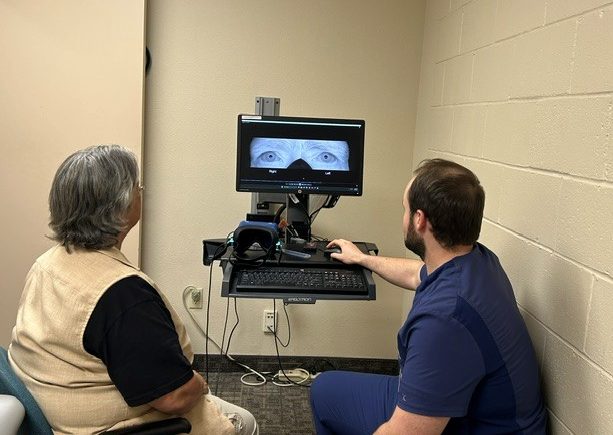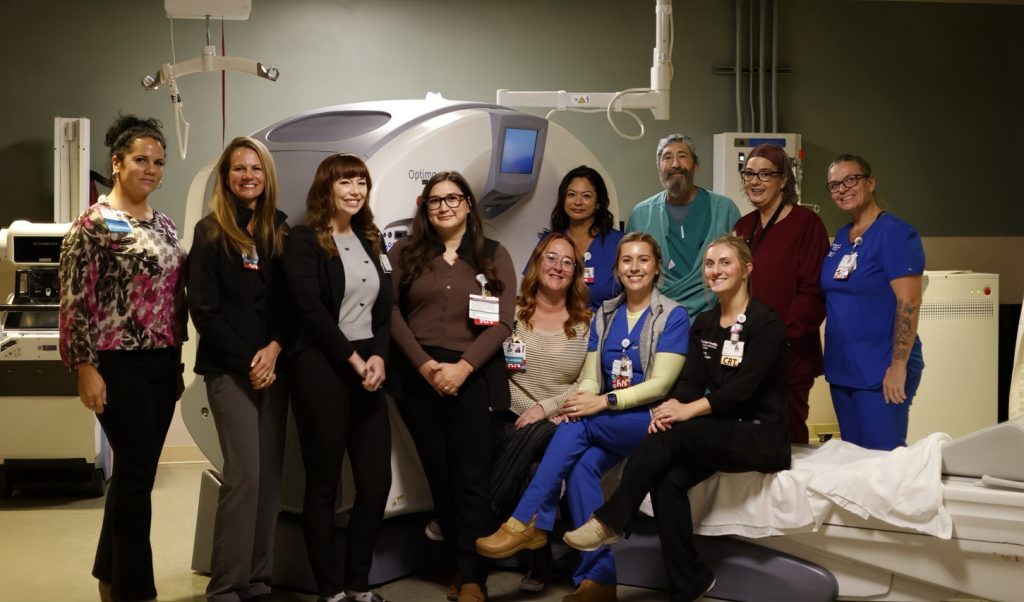The critical care unit of a hospital is often a quiet place. Hallway conversations are hushed, rooms are softly lit, and the intensity of the emergency department feels like a world away.
But don’t let its subdued appearance fool you; the critical care or intensive care unit is arguably the most dramatic place in a hospital.
It’s here that people with life-changing injuries and illnesses start to heal with the help of highly trained teams who provide specialized care, around the clock.
While always an essential part of hospital operations, the COVID-19 pandemic only helped critical care units earn greater appreciation. Healthgrades, the leading online resource for comprehensive information about physicians and hospitals, recently recognized 18 California hospitals as among the top 100 in America for delivering high-quality critical care.
Six of those hospitals are part of the Sutter Health network.
A Closer Look at Critical Care
To compile America’s Best Hospitals for critical care, Healthgrades looked at patient outcomes after pulmonary embolism, respiratory system failure, sepsis and diabetic emergencies.
These conditions, like many treated in the CCU, take significant recovery time. Time that grateful patients have used to form a friendship, plan a wedding and reflect on what can feel like a roller coaster ride.
Stories like these highlight the mix of personal stamina and specialty care that people need to recover from serious illness. Healthgrades also appreciates that recipe and has awarded top hospital honors for overall clinical excellence, specific surgeries and specialty services to hospitals across the country.
Altogether, nine hospital campuses in Sutter Health’s not-for-profit network were recognized as among America’s Best Hospitals for 2023 by Healthgrades. Sutter network hospitals earning special recognition from Healthgrades include:
- Alta Bates Summit Medical Center – Alta Bates campus named among America’s 100 Best for overall clinical quality and critical care.
- Alta Bates Summit Medical Center – Summit campus named among America’s 100 Best for overall clinical quality, critical care and gastrointestinal surgery.
- California Pacific Medical Center – Van Ness campus named among America’s 100 Best for cardiac care, coronary intervention and gastrointestinal care and among America’s 250 Best for overall clinical quality.
- Eden Medical Center named among America’s 50 Best for overall clinical quality and among America’s 100 Best for critical care.
- Memorial Medical Center named among America’s 100 Best for overall clinical quality, critical care and orthopedic surgery.
- Mills-Peninsula Medical Center named among America’s 50 Best for overall clinical quality and among America’s 100 Best for critical care, cardiac care, coronary intervention, stroke and gastrointestinal care.
- Sutter Medical Center, Sacramento named among America’s 50 Best in cardiac surgery, and among America’s 100 Best for orthopedic surgery, spine surgery and prostate surgery and named among America’s 250 Best for overall clinical quality.
- Sutter Roseville Medical Center named among America’s 50 Best for overall clinical quality and among America’s 100 Best for critical care, gastrointestinal surgery and prostate surgery.
- Sutter Santa Rosa Regional Hospital named among America’s 250 Best for overall clinical quality.
Healthgrades simplifies the research process and empowers consumers to choose experienced doctors who practice at high-quality hospitals. For the 2023 America’s Best Hospitals ratings, Healthgrades evaluated nearly 4,500 hospitals nationwide across 30+ common procedures and conditions. All America’s Best Hospitals have outcomes in the top 5% of the country.
According to Healthgrades, patients treated at an “America’s Best Hospital” have a 28% lower risk of dying (on average) compared to patients of hospitals that did not receive the award. These statistics are based on Healthgrades analysis of MedPAR data for the years 2019 through 2021 – the most impactful years of the Covid-19 pandemic – and represent three-year estimates for Medicare patients only.





